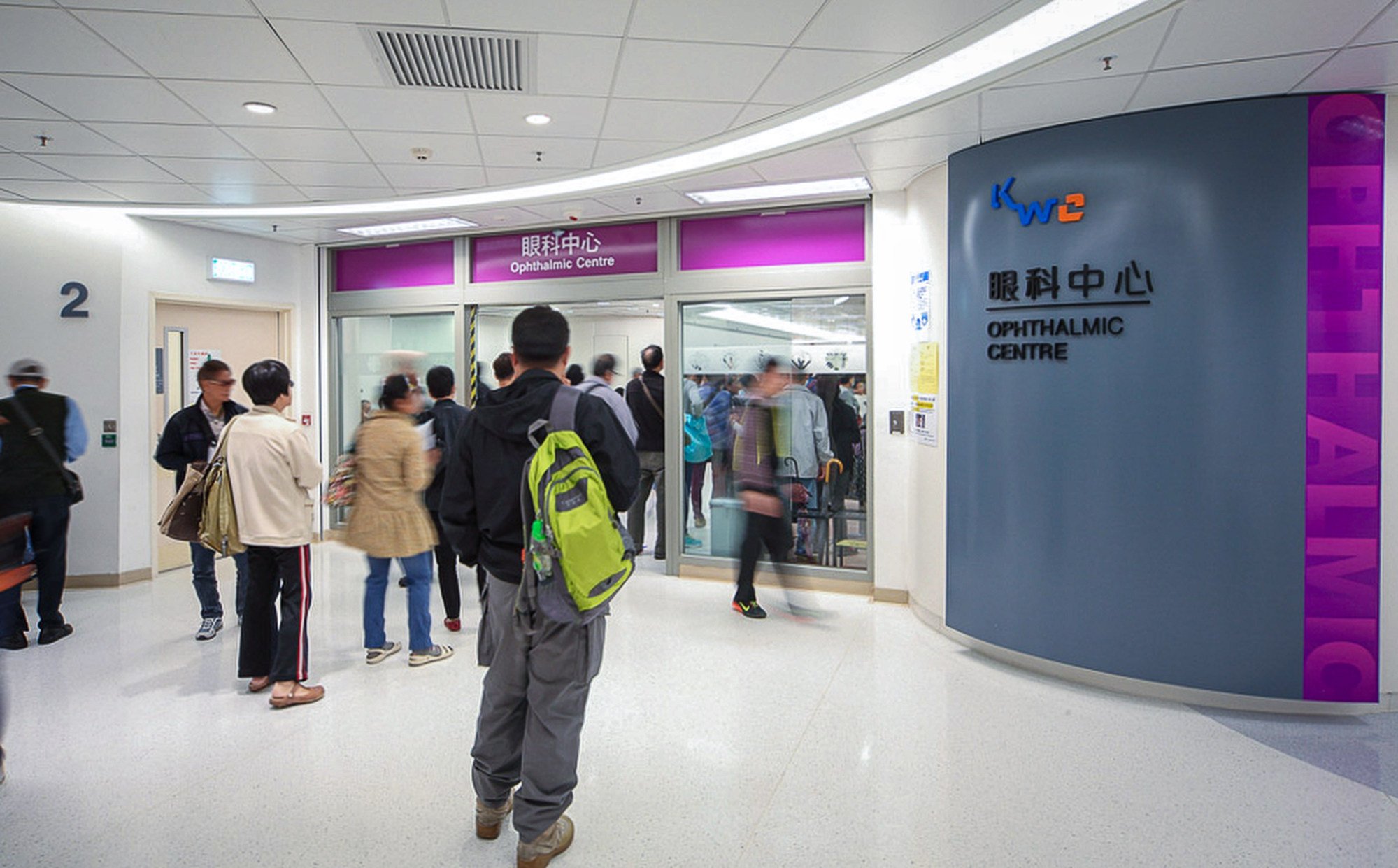Hong Kong’s Hospital Authority has launched an investigation into the death of a 79-year-old patient after finding that the valve of his oxygen cylinder used during his transfer to an intensive care unit had not been opened.
The Caritas Medical Centre on Wednesday night said that the patient had been suspected of suffering from acute intestinal obstruction a day earlier and experienced a drop in oxygen levels while he was being moved from the eye ward to the intensive care unit before he died.
“The hospital is very concerned about the incident, which has been reported to the Hospital Authority Head Office,” a hospital spokesman said. “A root cause analysis panel will be set up to look into the incident and to review the patient transfer workflow.”
Do you have questions about the biggest topics and trends from around the world? Get the answers with SCMP Knowledge, our new platform of curated content with explainers, FAQs, analyses and infographics brought to you by our award-winning team.

The patient had undergone surgery for a peptic ulcer and an inguinal hernia, and had been admitted over multiple episodes of intestinal blockages. He was originally scheduled to undergo an eye operation on Wednesday.
But his condition worsened on Tuesday morning as he faced a decrease in oxygen levels, prompting the medical team to arrange oxygen therapy for him.
Following an assessment, the team suspected that the patient had an intestinal blockage and decided to transfer him from the eye ward to the intensive care unit for further treatment, according to the hospital.
20,000 Hongkongers can benefit from screening programme for chronic diseases
The patient’s oxygen levels dropped again while he was being moved to the intensive care unit at around 11.10am on Tuesday, and they continued to fall despite attempts to provide him with more oxygen.
After the patient arrived at the intensive care unit at 11.15am, healthcare staff found the valve of his oxygen cylinder used during the transfer had not been opened, according to the hospital.
Proper oxygen supply was arranged immediately, as well as cardiopulmonary resuscitation and intubation to help him breathe, but his condition continued to worsen and he died at 12.50pm, the hospital said.
Hong Kong should create new office to run medical research: experts
The hospital spokesman said the case had been reported to the coroner for follow-up, and the facility had implemented various measures to ensure medical equipment was working properly during patient transfers to avoid such an incident from happening again.
“The hospital is deeply saddened by the passing away of the patient. The hospital has met with the patient’s relatives to explain the incident, and extended [its] sincere apologies and condolences,” he said, adding that the hospital would continue to keep in touch with the family.
More from South China Morning Post:
- Hong Kong Hospital Authority warns of surge in 2 superbugs, turns to AI in fight against antibiotic overuse
- 20,000 middle-aged Hongkongers can benefit from university programme offering free health screenings for chronic diseases
For the latest news from the South China Morning Post download our mobile app. Copyright 2023.





